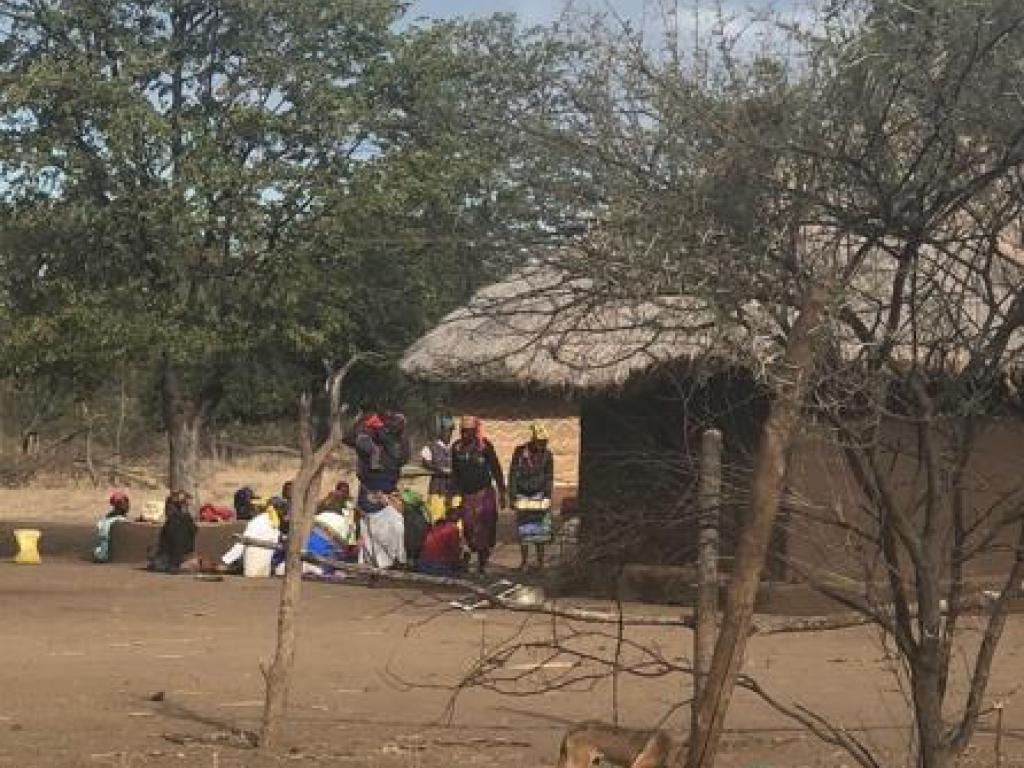Research Report: Community and community practitioners' attitudes, perspectives and perceptions of protected areas, conservation and community safety in the context of illegal wildlife trade,

Several southern African countries have implemented community-focused conservation management approaches with varying levels of success. Community-based approaches are recognised as requiring long-term commitment and resources through genuine partnerships between local people and protected areas (PAs). The World Wide Fund for Nature (WWF) South Africa Khetha programme, supported by the United States Agency for International Development (USAID), embarked on a research project to better understand the relationship between local people and PAs, test perceptions and find leverage points for enhancing neighbourly relations. A second line of inquiry looked into perceptions of safety and security of local communities living in the research area, within the context of high levels of illegal wildlife trade (IWT) taking place in the landscape.
The study took place over a two-year period between June 2018 and July 2020. Firmly rooted in qualitative social science methodology, the project commenced with desktop research on literature and methodologies relating to community conservation and community-centered research approaches. Before entering the field, the research consultant worked in close collaboration with the Khetha team on key concepts, research processes and desired outcomes. Several qualitative research methods were employed during the research project: a literature and methods review, qualitative interviews, group discussions and participant observation. Twenty-five (25) people from various sites in the Sabie River Node, in the Ehlanzeni District of the Mpumalanga Province of South Africa, were interviewed, including women of all ages who tend to be under-represented in rural research samples. Standard research protocols of informed consent, confidentiality and anonymity were followed. The research project received ethical clearance from the Ethics Committee in the Law Faculty of the University of Cape Town.
Research participants were found to be proud members of their community and spoke fondly about their neighbours and the community at large. There was an overwhelming sense that community life was governed by the principle of ubuntu. However, the interview data also showed that many community members expressed negative sentiments towards internal migrants and foreign nationals. A recurring theme in the interviews was the dire economic situation and lack of employment opportunities in rural areas. While some interview participants said they were able to put bread on the table, most said that they were living in impoverished conditions. In many instances a recipient of a governmental social grant, such as the child support grant or old age pension, would support several other family members. Both during the pilot study and the subsequent fieldwork phase, service delivery protests were taking place in the area. While we did not directly address the protest action during the interviewing process, the conversation ultimately would turn to community members expressing sentiments of abandonment and feeling left to their own devices by the South African government, PAs and the private sector. Of all the interviews conducted only three respondents (12% of the sample) thought that the relationship between local communities and PAs was good.
Hübschle, A. and Jojo, Bakholise, 2021. Community and community practitioners' attitudes, perspectives and perceptions of protected areas, conservation and community safety in the context of illegal wildlife trade, WWF Khetha & USAID
Read more here>>>
